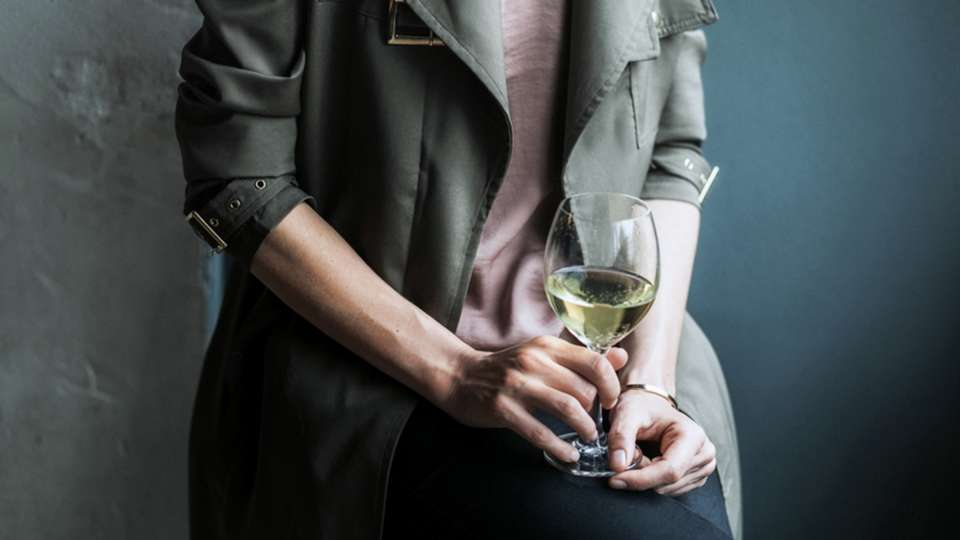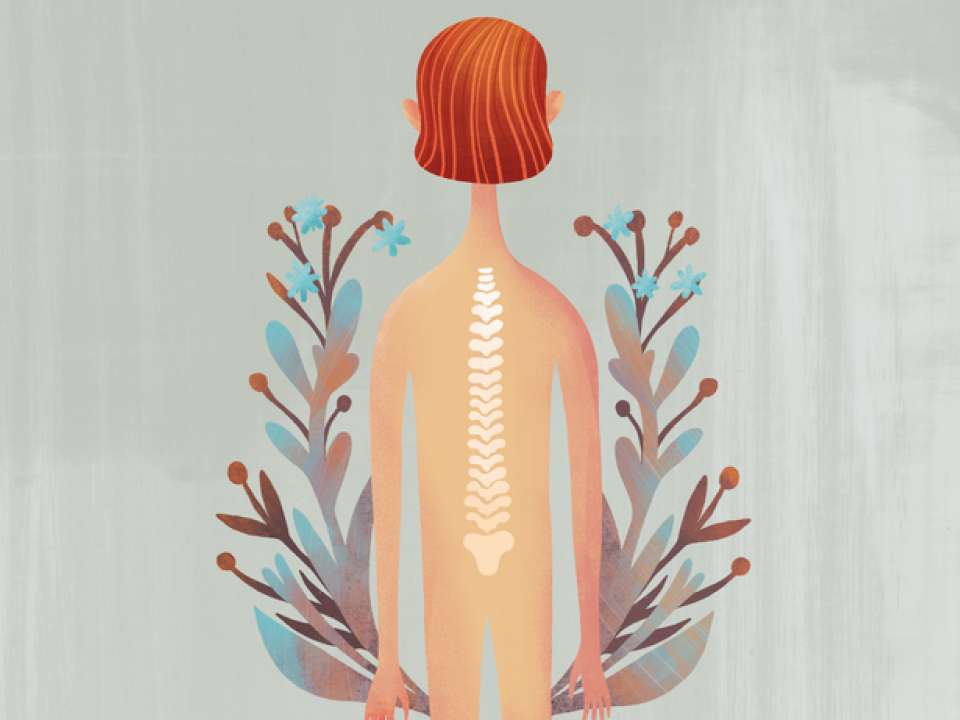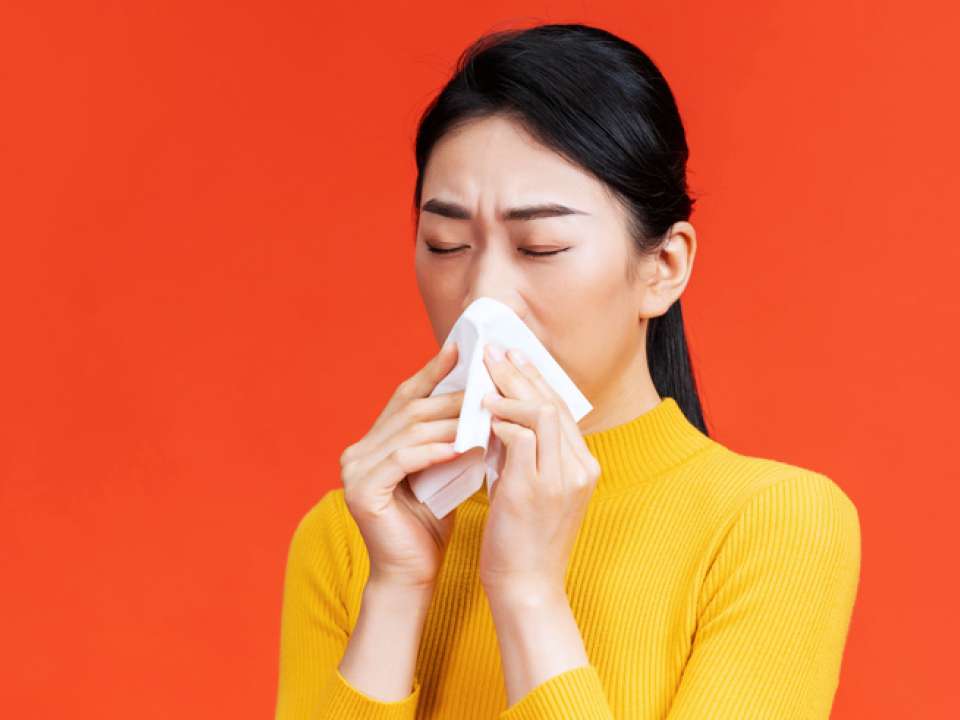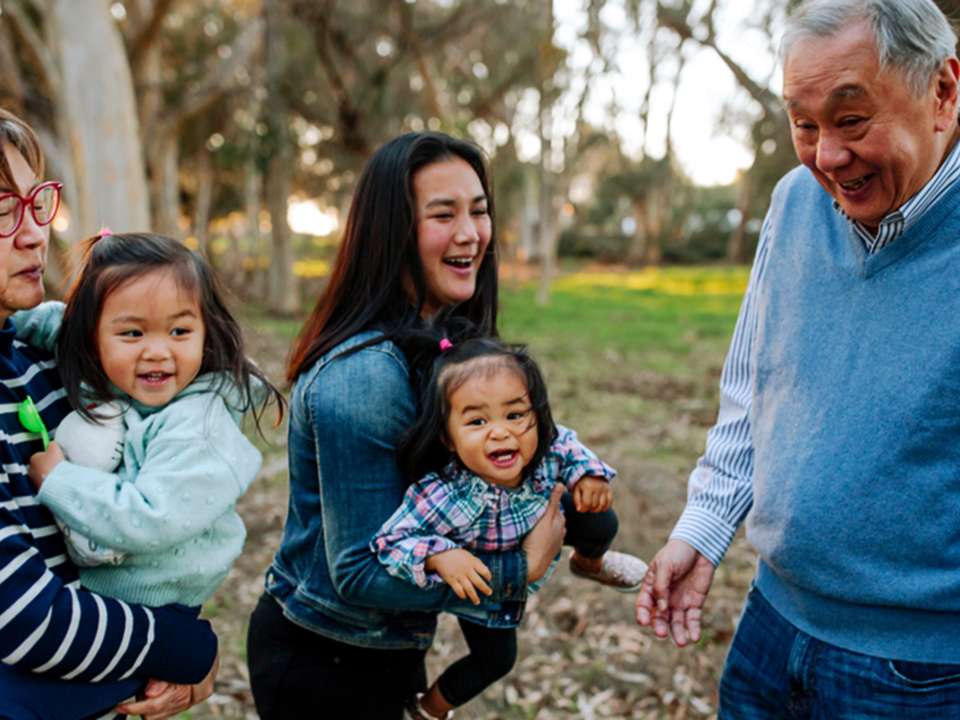
Many people who have experienced sexual assault use alcohol as a coping mechanism.
Alcohol is commonly used as a coping strategy and is normalized in U.S. culture, says Michele Bedard-Gilligan, a psychologist at UW Medicine who specializes in treating post-traumatic stress disorder (PTSD).
But it may be more harmful than helpful long-term.
“Regular alcohol use in response to any traumatic event will increase a person’s chances of developing alcohol dependence,” Bedard-Gilligan says.
Obviously, there’s no shame in doing what you need to do to get by — but researchers are learning that this way of coping may make it harder to heal.
The link between sexual assault, PTSD and alcohol use
First, let’s get one thing clear: Even after something traumatic like sexual assault, most people will recover on their own.
“We see elevated rates of mental health issues after sexual assault, but we also see a lot of natural recovery. Most people will have symptoms immediately after the assault, but people are resilient and do recover on their own after some time,” Bedard-Gilligan explains.
Bedard-Gilligan’s colleague Emily Dworkin, another UW Medicine psychologist who studies recovery from trauma, recently did research that showed PTSD rates among sexual assault survivors. Around 75% had PTSD symptoms a month after the assault, but after a year that number dropped to 45%. After even more time, rates naturally kept dropping.
PTSD symptoms include intense, distressing memories of the trauma; flashbacks and nightmares; loss of interest in things you used to enjoy; feeling anxious or easily startled; and trouble sleeping.
While this data is heartening, it doesn’t mean that not being able to recover on your own makes you weaker. For people who still have PTSD symptoms a year or more later, Bedard-Gilligan recommends seeking help from a doctor or therapist.
Sometimes, though, people may struggle and be afraid to seek help or face barriers to accessing help. They may try to find coping strategies on their own.
“Some people may misuse alcohol but don’t develop an alcohol use disorder. It depends on the frequency and quantity of drinking and the consequences from drinking — if it’s causing harm,” Bedard-Gilligan explains.
Alcohol use disorder is characterized by losing control over how much and how often you drink and feeling bad about your drinking habits.
Other types of alcohol use that can cause problems are binge drinking and heavy drinking. For women, having four or more drinks in two hours is considered binge drinking; having three drinks a day or more than seven drinks a week is considered heavy drinking.
“PTSD and alcohol use often occur together and are common after sexual assault. Someone with PTSD has an increased chance of developing alcohol use disorder. Men are more likely to be diagnosed with substance use overall, but among people who have PTSD, women have higher rates of alcohol use disorder,” Bedard-Gilligan says.
Why relying on alcohol makes healing harder
Aside from the risk of developing dependence, there are other reasons why relying on alcohol to feel better isn’t the best strategy long-term.
First, it makes it hard to work toward healing. If you aren’t letting yourself feel your feelings or process what happened to you, but are instead using alcohol to numb the pain, it will only prolong your suffering because you aren’t addressing your emotions.
This can lead to straight-up avoiding your feelings all together and using alcohol so you don’t even have to think about them.
“That avoidance is a big piece of what keeps PTSD symptoms going, because you’re not learning that you can do things without alcohol,” Bedard-Gilligan explains.
Sure, drinking may help you feel better for the night, but it isn’t going to help you reconcile with the experience long-term and learn how to move past it.
“I want to validate and normalize why it’s understandable that people want to avoid feeling their feelings, and that it does work short-term,” Bedard-Gilligan says. “But long-term it can cause problems and prevent someone from healing.”
How to cope after sexual assault
The coping strategies someone uses to deal with and heal from sexual assault depend on the person, but there are many options to try.
Spending time with friends, finding social support, trying a new hobby or activity — these are all things that can foster a sense of connection so you don’t feel alone.
Focusing on doing things you’re skilled at can also help you feel good and build your confidence.
It’s also important to find ways to process negative emotions, be that through journaling, mindfulness practices like meditation or breathing exercises, or something else.
For people specifically trying to cut back on alcohol use, Bedard-Gilligan recommends focusing on strategies that provide some immediate reward the way alcohol does, such as moving your body to get an endorphin boost or doing things you enjoy that don’t involve alcohol, such as hobbies or spending time with people you care about.
If you need additional help dealing with PTSD, you have options. There are medications that could help you and that you can ask your doctor about. You could also look for a local support group or try meeting with a therapist.
Enroll in a study for assault survivors with PTSD
Another treatment option is to enroll in a study Bedard-Gilligan is holding to determine the best treatment methods for women and femme individuals who have experienced sexual assault within the last year, are struggling with alcohol use and have symptoms of PTSD.
The study, called Project SARAH (Sexual Assault Recovery and Hope), will offer free, online treatment for everyone who enrolls. The type of treatment will vary depending on what cohort someone is enrolled into; some treatments focus on managing PTSD symptoms, while others focus on managing alcohol use.
“PTSD is mix of overactive fear system and underactive reward system. We want to learn if that could be part of why alcohol and PTSD go together so much,” Bedard-Gilligan says.
Study participants won’t be expected to stop using alcohol; instead, Bedard-Gilligan and her team will meet people where they’re currently at.
“We want to help people build skills to aid in healing and help them have a healthy relationship with alcohol to minimize harms and get some positive impacts,” she says.

 Healthy ideas for your inbox
Healthy ideas for your inbox





